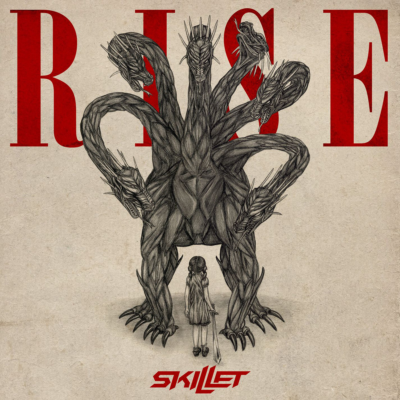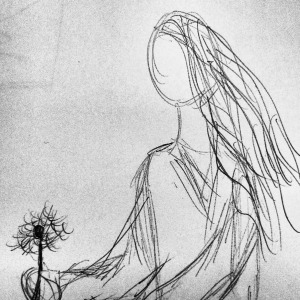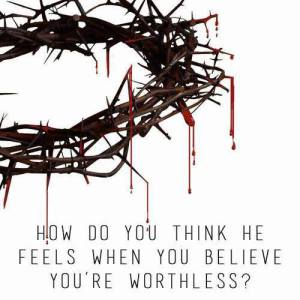Editorial Note: The following is reprinted with permission from Eleanor Skelton’s blog. It was originally published on October 3, 2014.
Content note: self-harm
In a group session summer before last with my counselor and my parents, my mom mentioned the time my sister asked her why I was so logical and scientific when one of our dogs was being euthanized in his old age.
“How could Eleanor be so cold?” she’d asked. My mom said, “But I saw Eleanor sobbing in her car afterwards. She wouldn’t cry in front of us.” I had always felt I had to be strong in front of my siblings.
My counselor turned to me and said, “That’s a great skill if you want to be a surgeon. But even those guys end up crying in my office years later.”
– – – – – – – –
Fast forward to March 2014.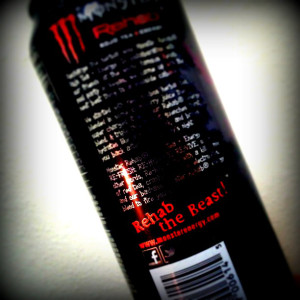
I was talking to my counselor again about feeling. But this time, I was afraid of my own anger.
“Clench your fist,” he said. “I want you to hold it tight, feel the anger. How does that feel to you?”
I was so out of practice. “It feels…red.”
The secret side of me
I never let you see
I keep it caged
But I can’t control it
So stay away from me
The beast is ugly
I feel the rage
And I just can’t hold it…
– Skillet, Monster
– – – – – – – –
That same month, I had tried out for my first acting role. I was on the red team (ironic, right?) in the crowd in New Life Church’s Easter production, The Thorn. But the first time we did mob scene, someone on the director team pulled me out during rehearsal because I didn’t match the group.
I wasn’t projecting enough anger.
The passion play in Texas my family went to every year made a big impression on me as a sheltered child, and I had always wanted to be in it. Call it fulfilling a childhood dream. And my worst nightmare.
Unrestrained mob violence like the French Revolution or the crowd at Jesus’ crucifixion always terrified me, partially I think because anger unleashed in my family released chaos. We were always playing duck and cover between explosions, like living in a psychological war zone.
Small wonder I couldn’t stand seeing the monster in myself.
It’s scratching on the walls / In the closet, in the halls / It comes awake / And I can’t control it…
– – – – – – – –
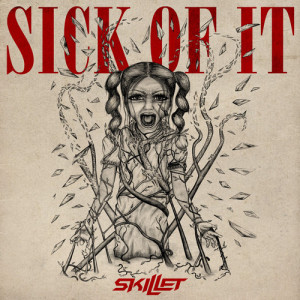 It was dark and maybe raining. I was riding in my Fisher-Price car seat. My parents were driving home.
It was dark and maybe raining. I was riding in my Fisher-Price car seat. My parents were driving home.
I hardly ever got to see other children because I was homeschooled, and leaving a birthday party for a coworker’s daughter had left four-year-old me in a perfect rage.
My tantrum reached a pitch and snapped. What was the worst thing I could scream at my parents to get them to stop ignoring me? I didn’t know any swear words.
CRUCIFY HIM! CRUCIFY HIM! CRUCIFY HIM!
– – – – – – – –
It worked. They were disturbed. But we never talked about it. Or any of my other outbursts. All I knew was deep, deep shame.
Why should anyone love the horrifying small child who had screamed for blood?
So I turned the anger within. Inflicting pain on others hurt too much afterwards, so it was easier to hurt myself, bruising, cutting. It was better if I bled. If I paid for my own crimes.
Of course the guilt posed serious problems for my debut in acting. My counselor suggested I step out of the mob scene entirely when my recurring graphic dreams about the crucifixion and finding Jesus’ mutilated dead body resurfaced, but I told him I believed it was time to face down the nightmare.
It’s hiding in the dark / Its teeth are razor sharp / There’s no escape for me / It wants my soul, / It wants my heart / No one can hear me scream / Maybe it’s just a dream / Or maybe it’s inside of me / Stop this monster!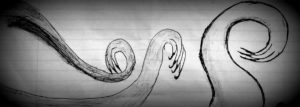
– – – – – – – –
So just before show week in April, I talked to my pastor who used to play Jesus at my first church in Texas.
After spilling everything, I said, “But…Jesus did say ‘Father, forgive them.’ So…I guess that means…me too?”
He looked half-amused and incredulous. “Of course you too, what do you mean you too? Christ sees you as a jewel. How does that make you feel?”
I was dumbfounded. My childhood hero knew my darkness. He didn’t shame me or ignore it. He knew it. And it didn’t frighten him. I could finally believe that the real Jesus did, too.
I cried. For hours. I was forgiven.
I went home and had a blast during show week. I let loose my anger during mob scene. A woman in the front row jumped when I raged. I had made my peace with the angry monster.
In my next post, I’m going to talk about dealing with another negative emotion, depression, outside of fundamentalist Christianity.
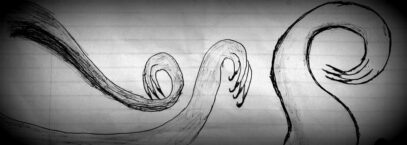



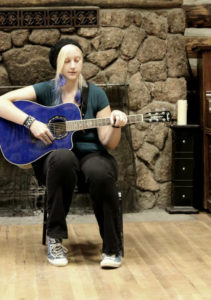 I described the experience to my friend
I described the experience to my friend 